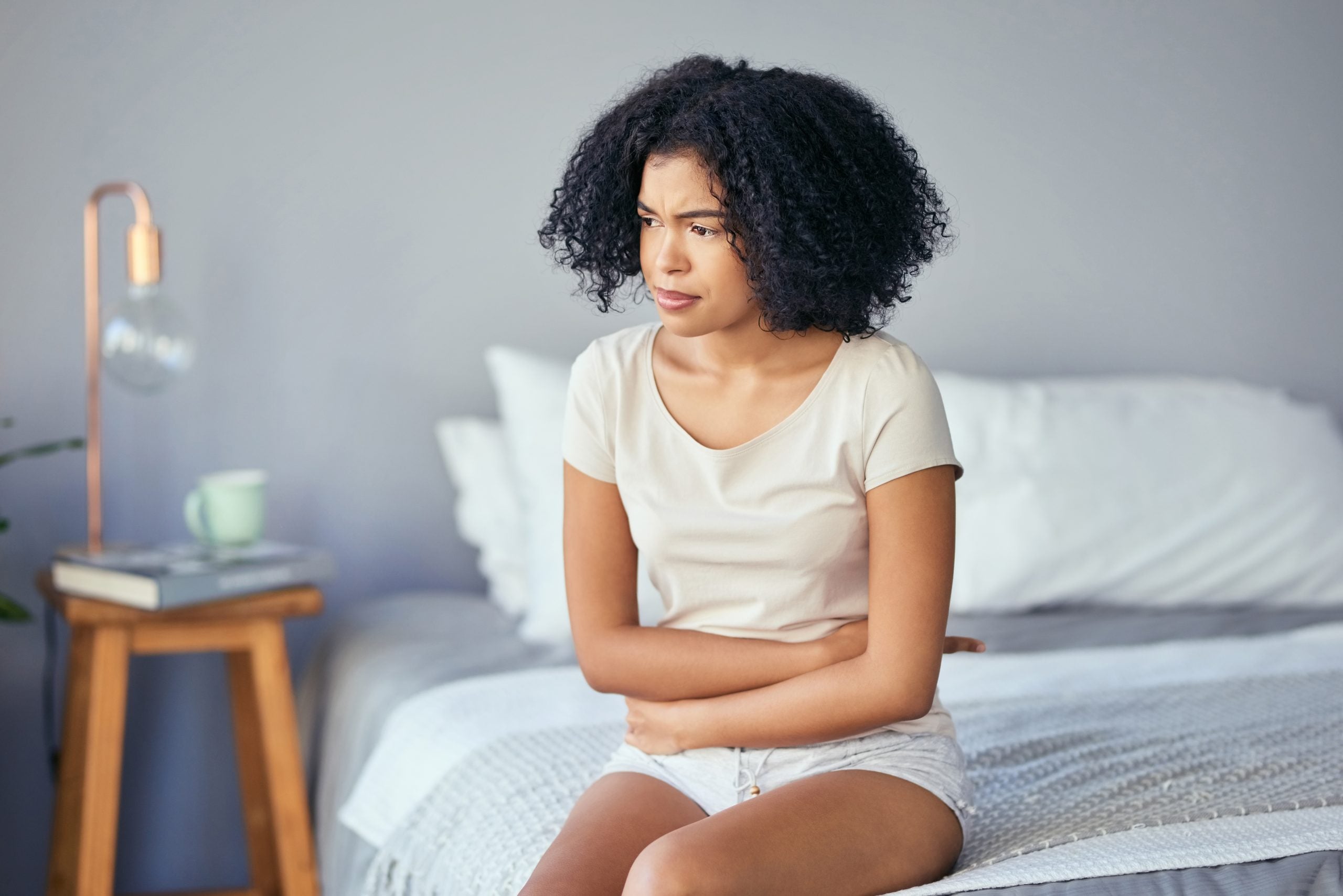
Having a couple of heavy flow days when you start your period is totally
normal—but if you find yourself avoiding white jeans during your cycle, it
might be more than you’re your period.
You’ve probably heard of uterine fibroids—after all, the National Library of
Medicine says 26 million women in the U.S. have been diagnosed with
uterine fibroids. And according to a study by Michigan University, Black
women have a three-times greater risk of fibroids, with more than 25%
developing them between the ages of 21-30.
But could that be what’s causing you to bleed so heavily each month? Well,
there is more to fibroids than just that. Some women experience pain and
bloating. And you may feel pressure on your bladder, (which will have you
using the restroom more) or pressure on the rectum, causing constipation
and/or lower back pain. There are also some emotional side effects to look
for too, like anxiety and depression. When we have one of these symptoms
we, as women, tend to brush them off, but when you look at it all together,
it may be something more.
If all of this is starting to sound like your cycle, you may have uterine
fibroids. But don’t hit the panic button yet, we’ve got you. Fibroids grow in
and around your uterus. You can have a single fibroid or multiple ones, and
they can be as small as an apple seed or as big as a grapefruit, according to the U.S. Department of Health & Human Services Office on Women’s
Health.
The best thing to do if you think you may have fibroids is set up an
appointment with your doctor. They can usually feel a fibroid and diagnose
it on the spot, but they may also order an ultrasound or MRI to confirm.
There is no one-size-fits-all solution because you, and your body, are unique.
Medication, surgery and diet are all possible treatment plans to ensure you
are confident, comfortable, and in control all month long.
When looking at treatments, be sure to check out the MyoSure® procedure, it removes fibroids in about 10 minutes. It’s a minimally invasive procedure that preserves your uterus, so you still have the option to have children—and the best part is that you can return to your normal activities in just a few days. Also ask about the Acessa(R) procedure. Also minimally invasive, it focuses treatment only on the fibroid while relieving symptoms—pretty great, huh? Your doctor will explain what treatment options are available to you and the risks and benefits.
So, if you think you may have uterine fibroids, be sure to bring it up at your
next appointment with your doctor. They could help you to start feeling
better by your next cycle